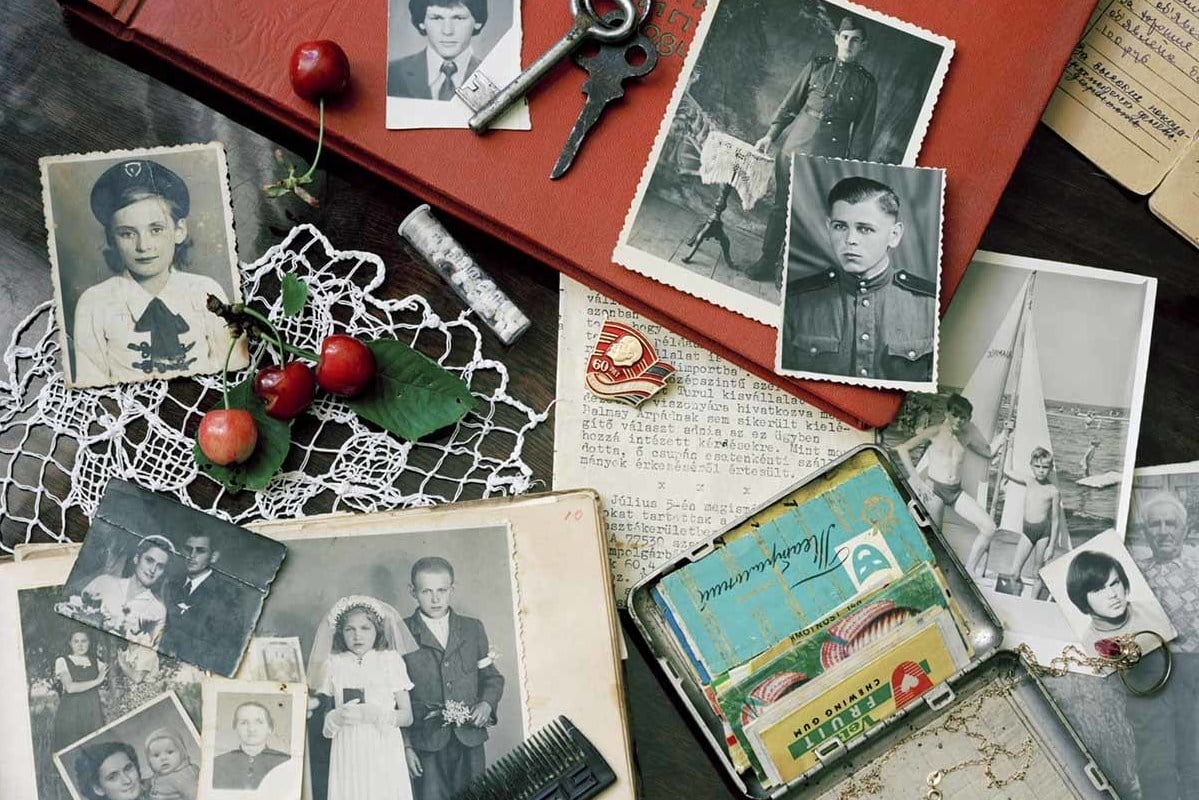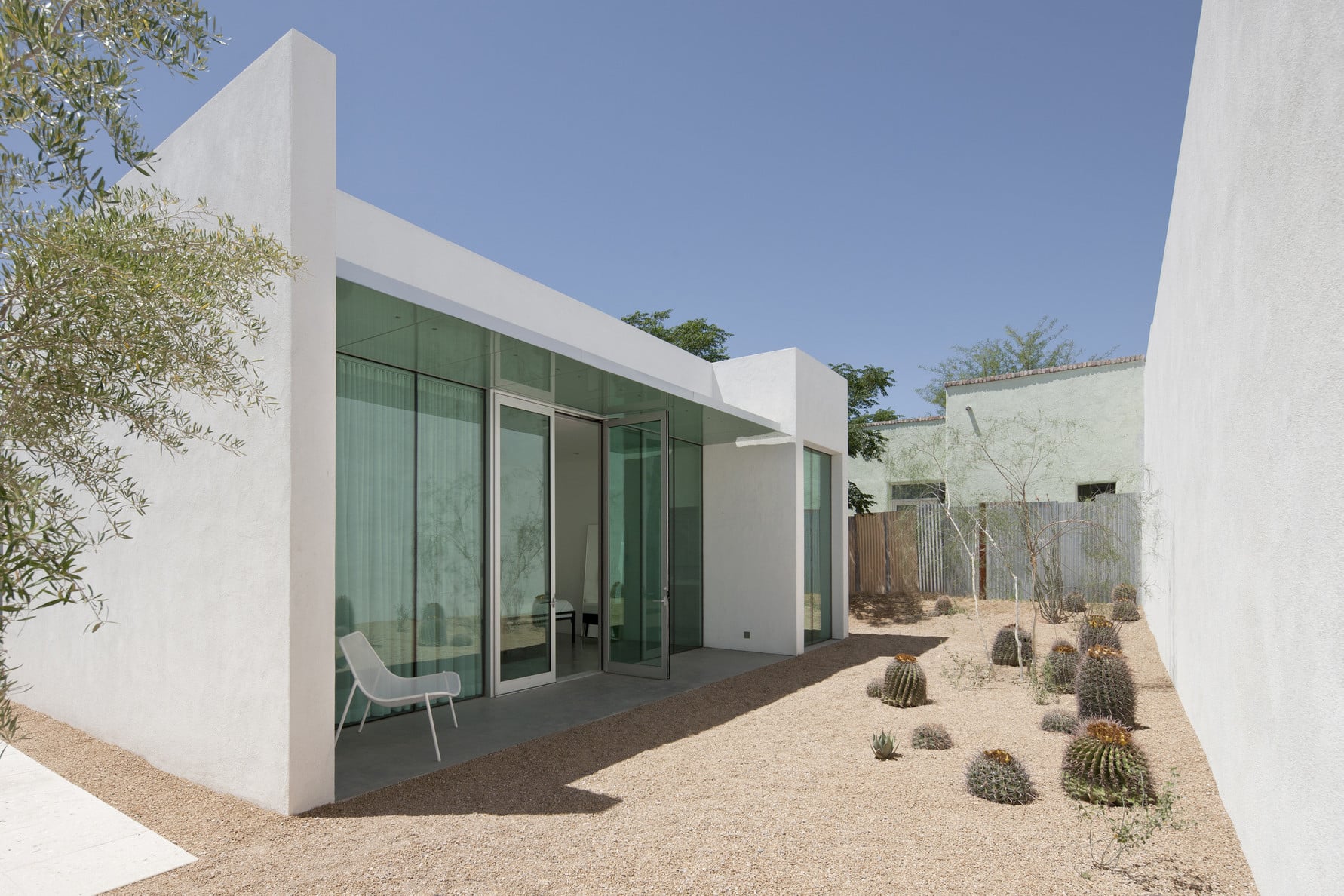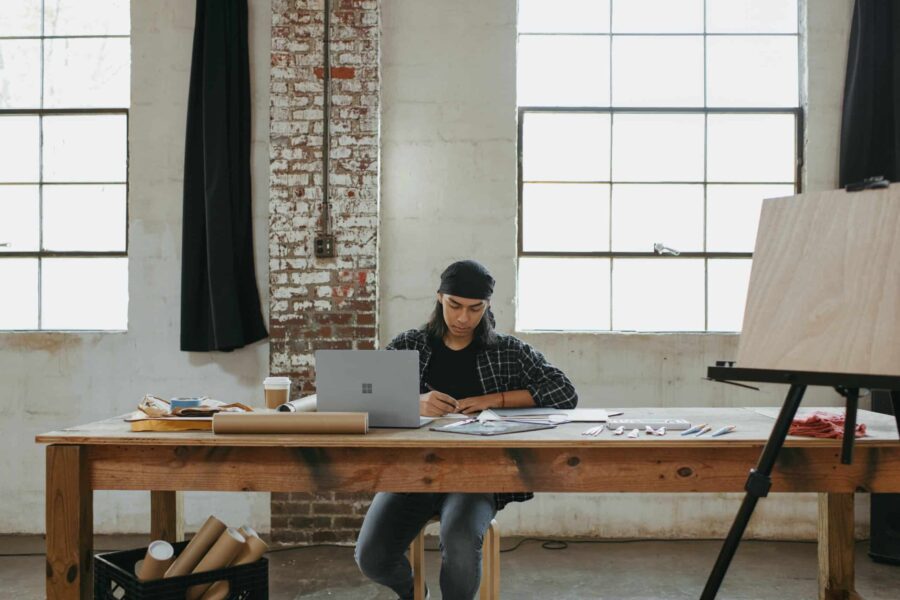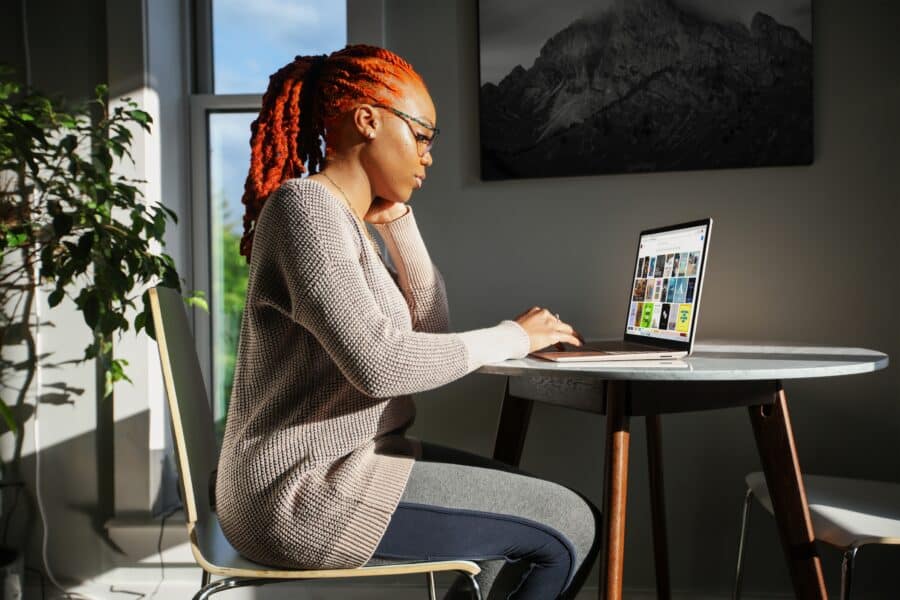Taking place between New York City, New Jersey, and Ukraine, So You Speak Russian is an exploration of photographer Jules Slütsky’s conflicted feelings about returning to her family’s home country. Through images of relatives, sites of memory, and artefacts of family history, Slütsky seeks to explore not only her own personal heritage but also that of Ukraine. Here, she discusses the process and inspiration behind the series.
I think largest motivator in this series was an attempt to reconnect with my country of origin; make some sort of peace with it or at least learn something from the project. It’s a pretty common immigrant experience to feel two internal worlds at odds with one another and I think this series was an attempt for me to bridge that gap. Before this project my work only hinted at these themes and characters. I thought perhaps it was time to speak directly about the subject and photograph the country.
There was an ease and quietness about taking these images. Most of the interiors are spaces that are rarely inhabited and have begun to fall apart, my apartment growing up being one of them, and an old country house my great-grandmother and grandmother grew up in. There was almost an eerie sense of stillness. I never felt rushed and would take up to 2 to 3 hours to set up a still life. The portraits were trickier. It helped that almost everyone I photographed was either family or an old family friend but people were still suspicious. I was taking these images just as Russia had moved its military into Crimea and I was more than once confronted with suspicions of being a Russian spy. It was strange to be treated almost as an intruder in your own country.
It took me a while to think of an appropriate name for the series. I wanted something that registered my experience of being Ukrainian. I thought of the interactions I had with people upon telling them I’m from Ukraine. “So you speak Russian?” is always the follow up question I get asked. And upon correcting them that no, in fact it is a separate language I would be met with “isn’t it the same thing?” People don’t confuse [people from] Belarus, Poland, or Georgia as native Russian speakers even though the USSR’s hold on these countries was just as strong. So it occurred to me that this was a distinctly Ukrainian experience and really illustrated that Ukraine to this day has not been able to shake itself from the shadow of Soviet rule. It’s still trying to reassert its independence and identity to the world stage. I think at the heart of it it occurred to me that my search for identity and my country’s were very much the same.
See more of Jules Slütsky’s photography at her website.
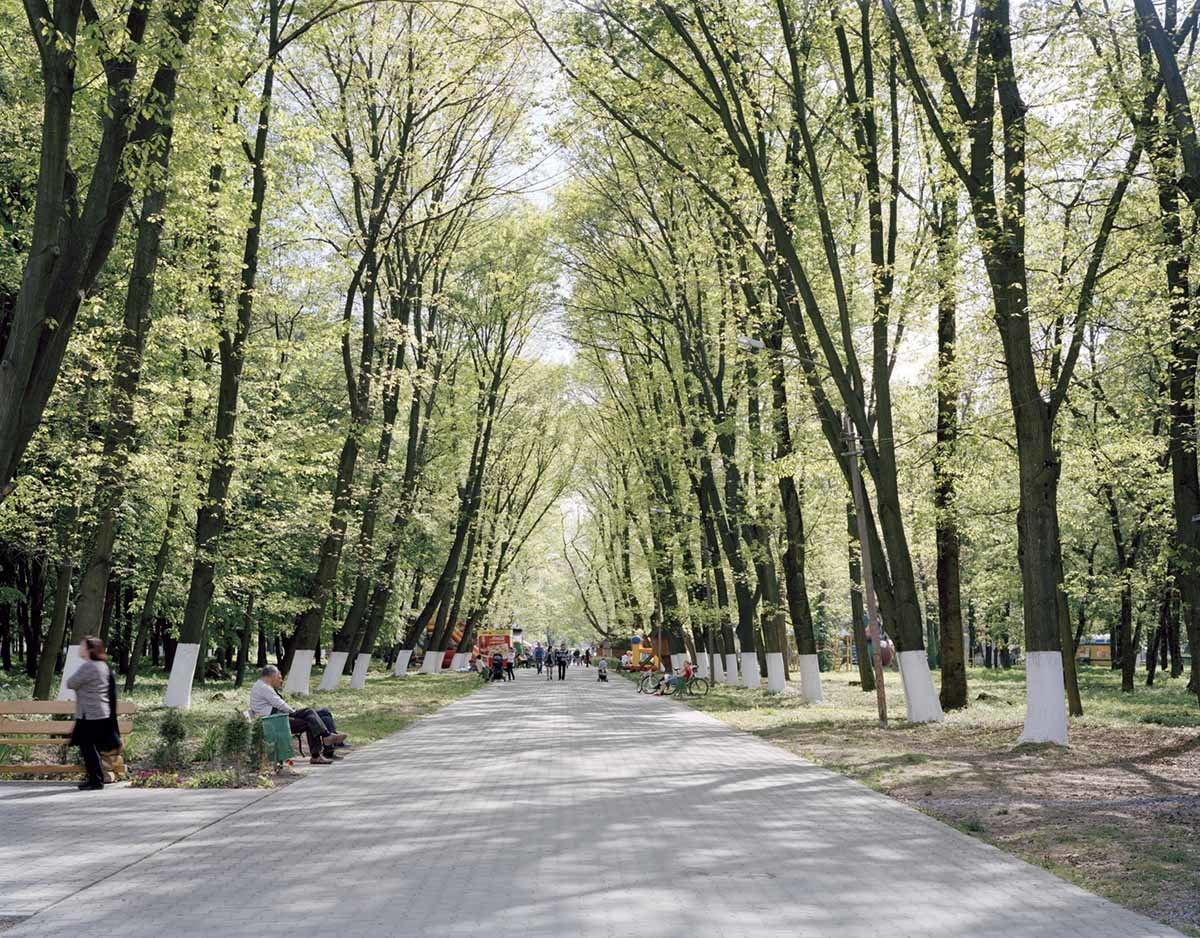
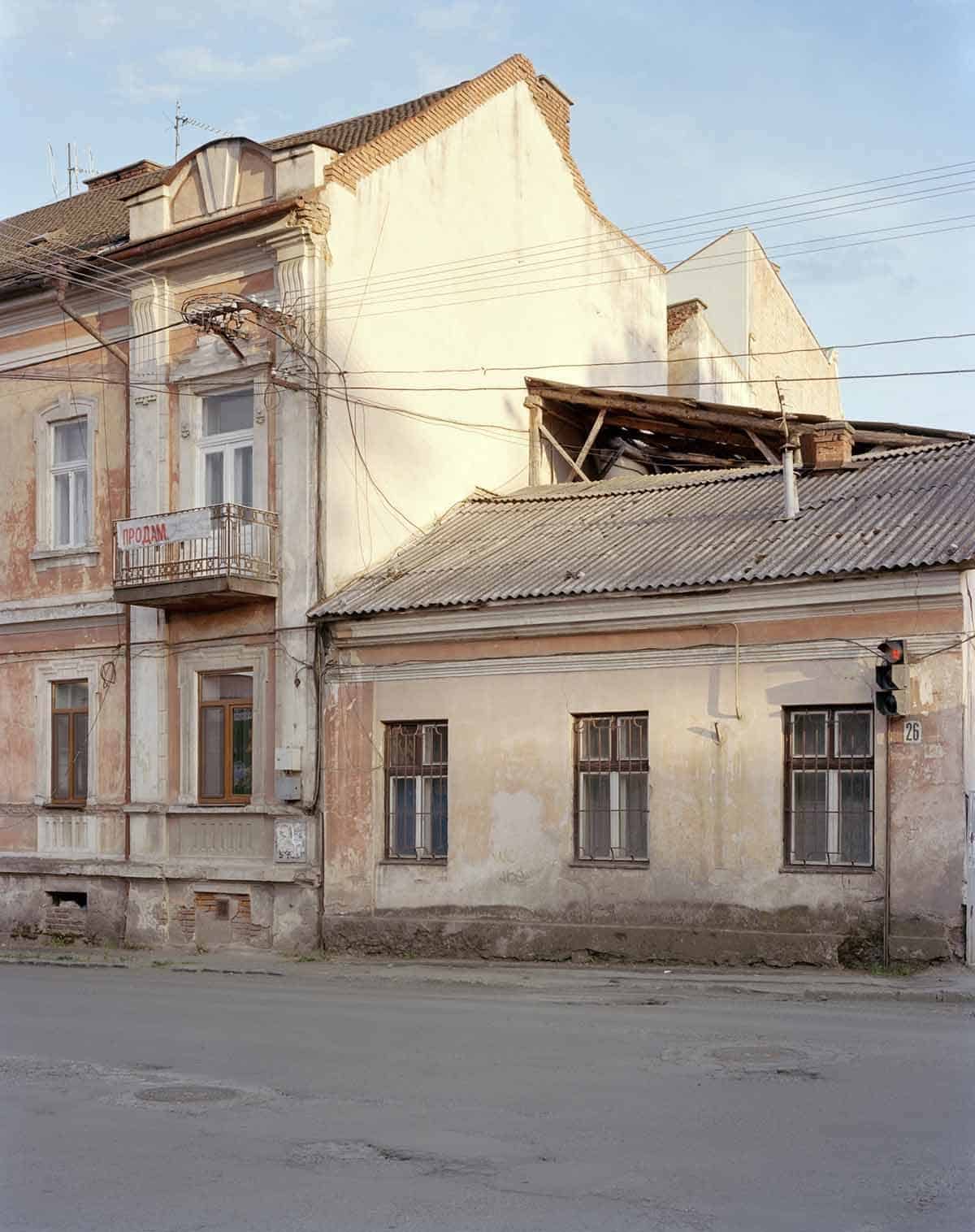
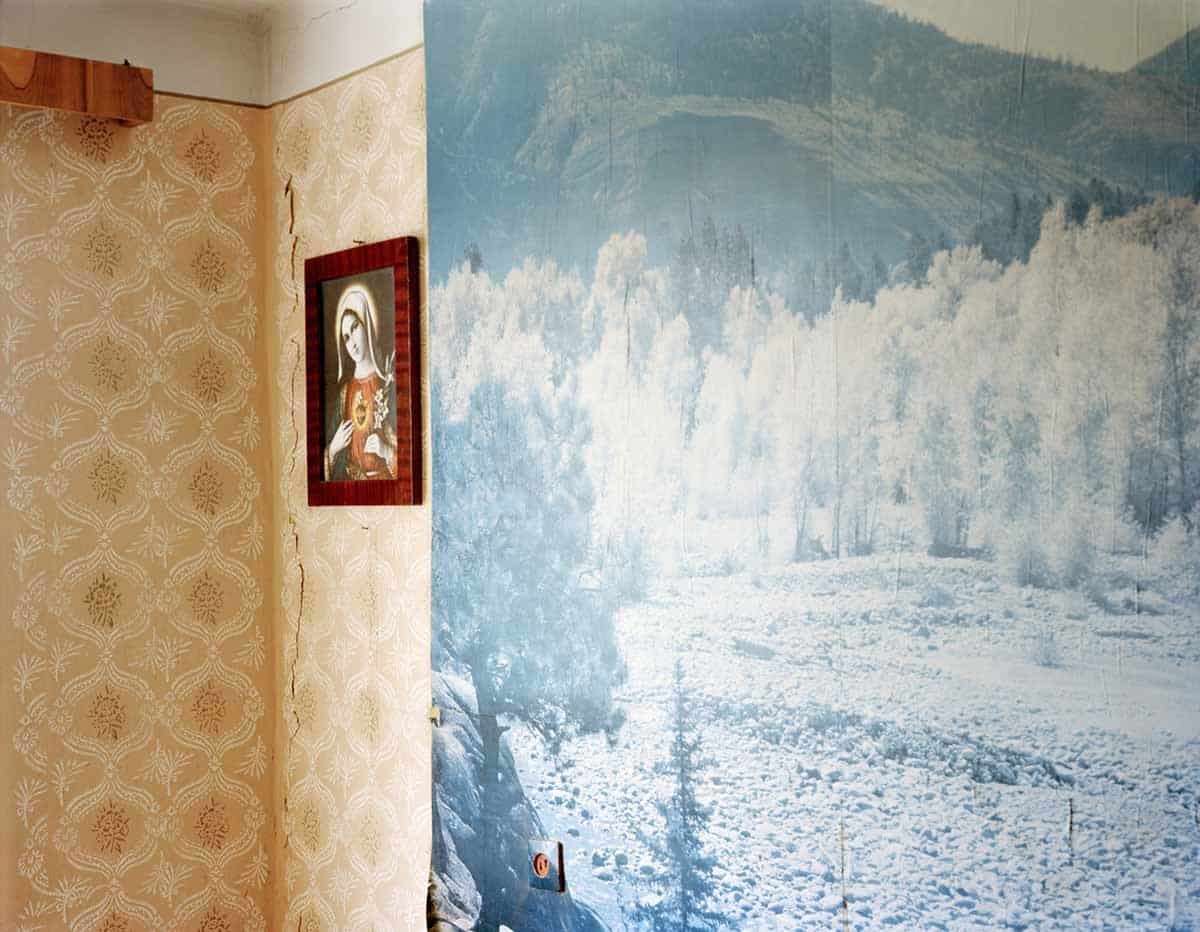
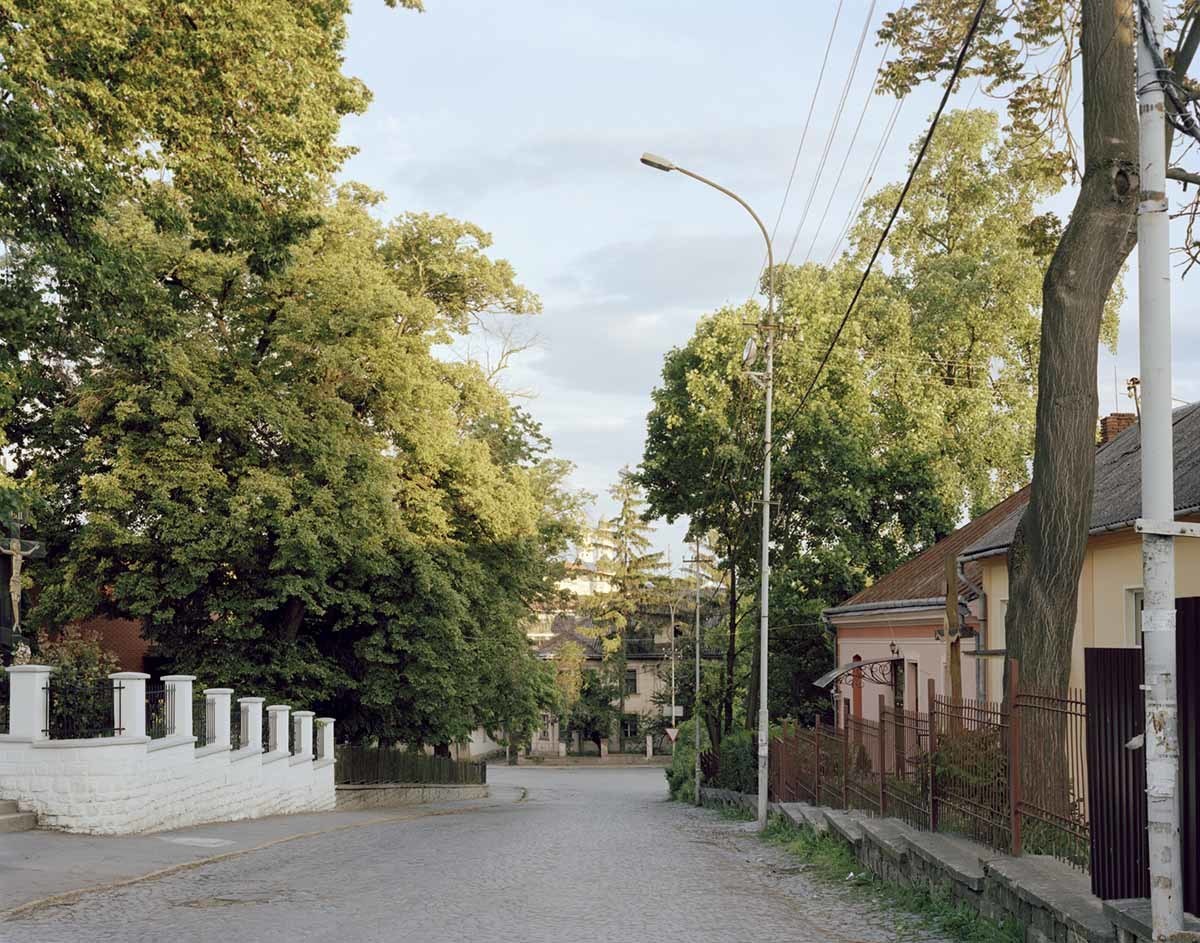
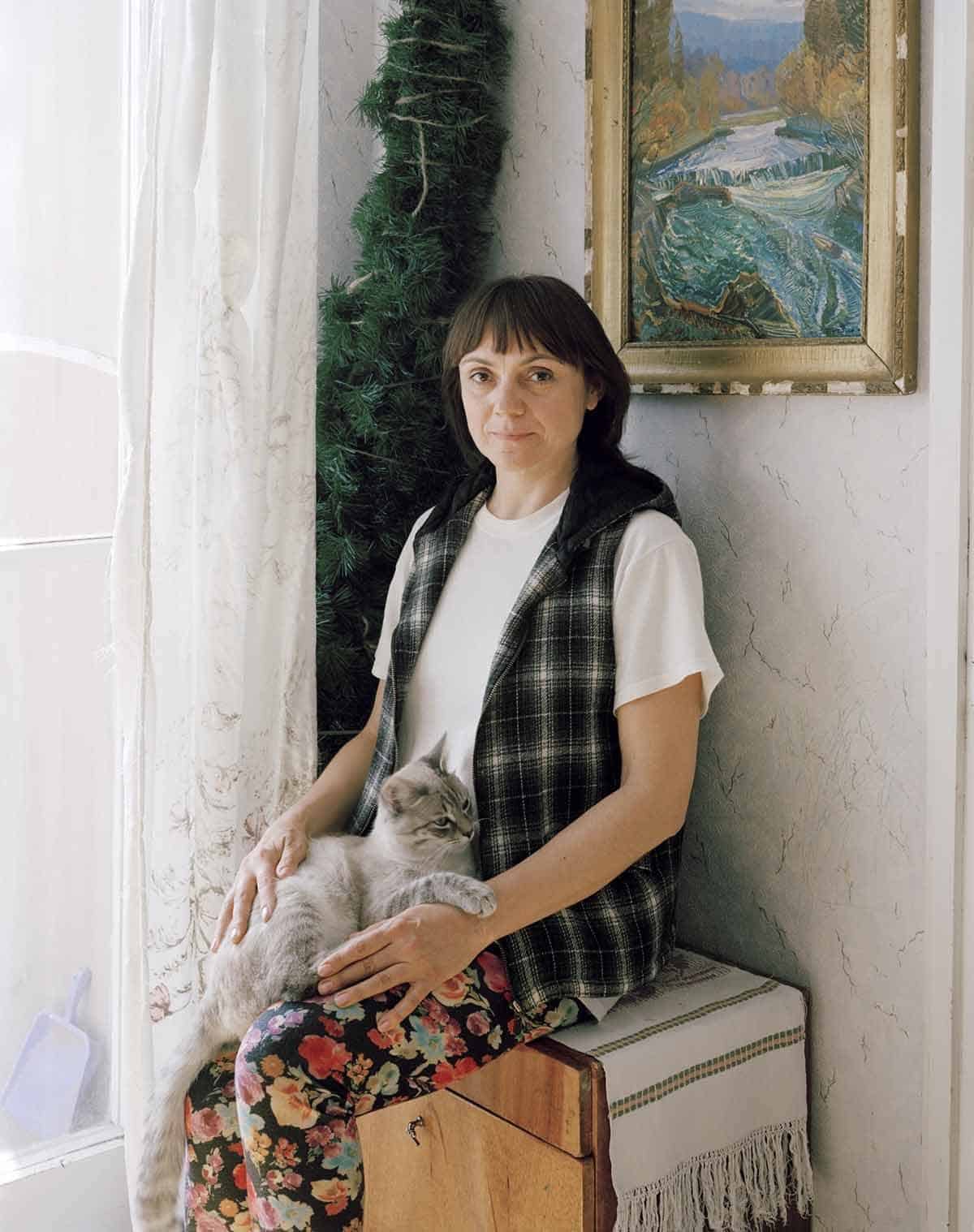
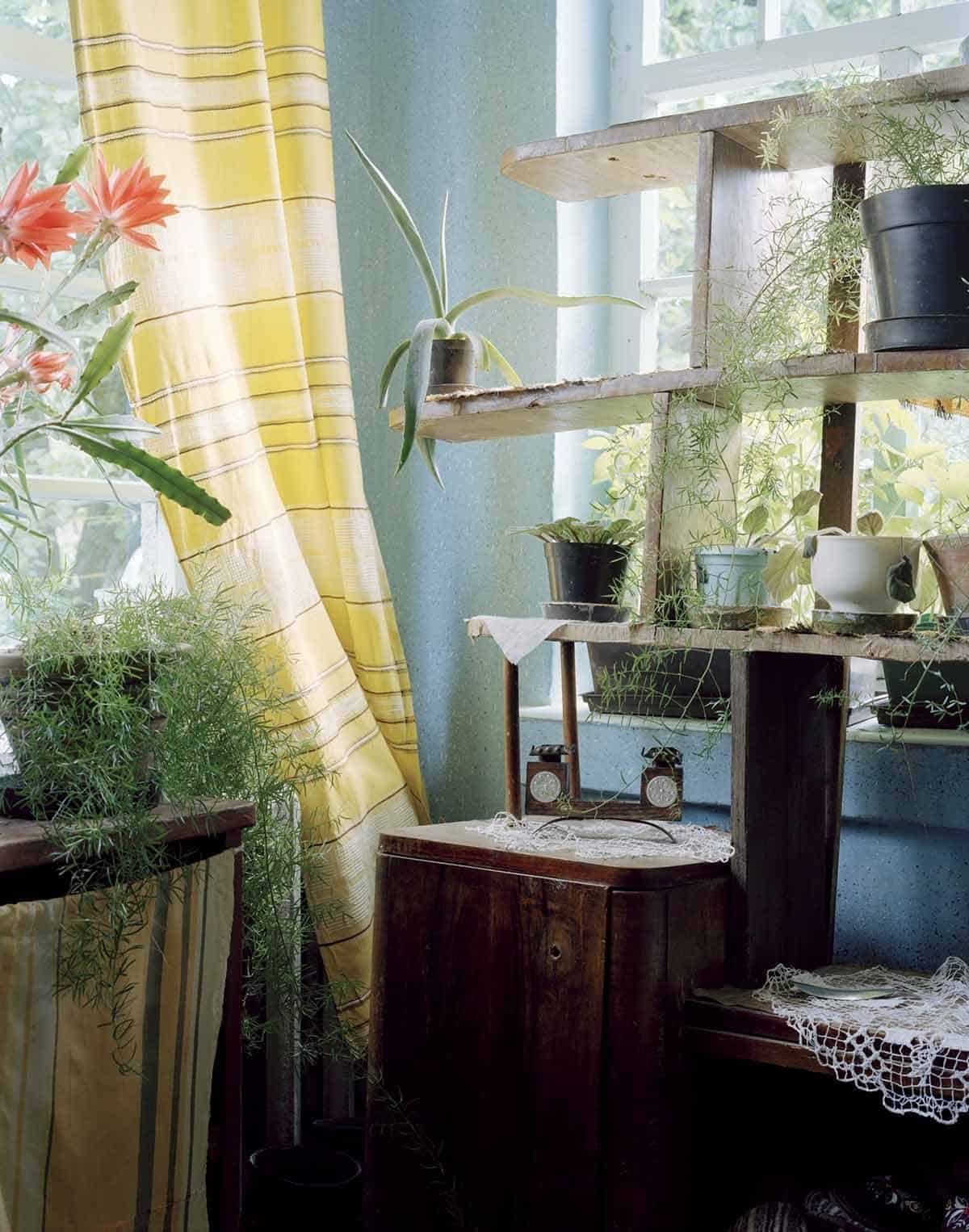
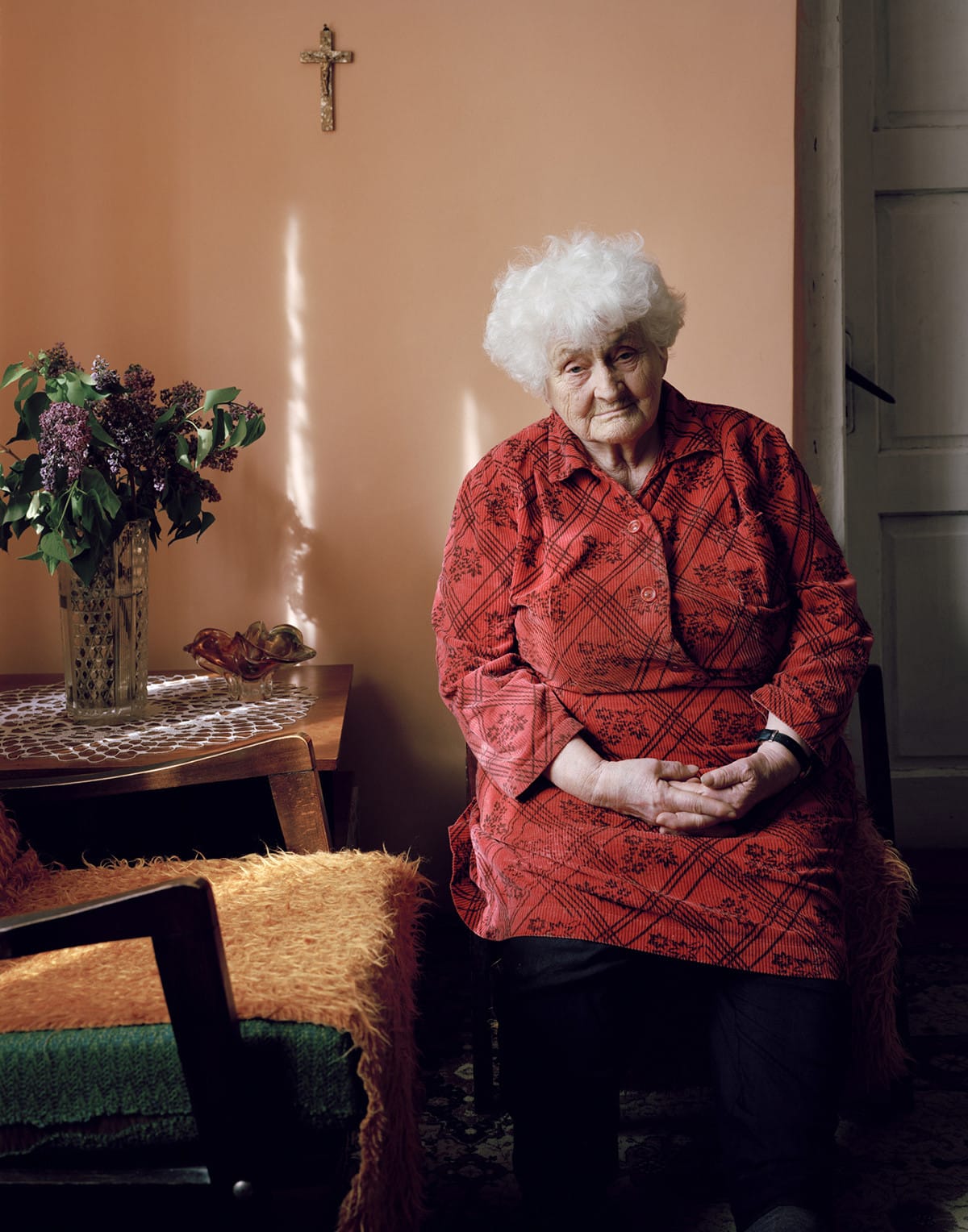
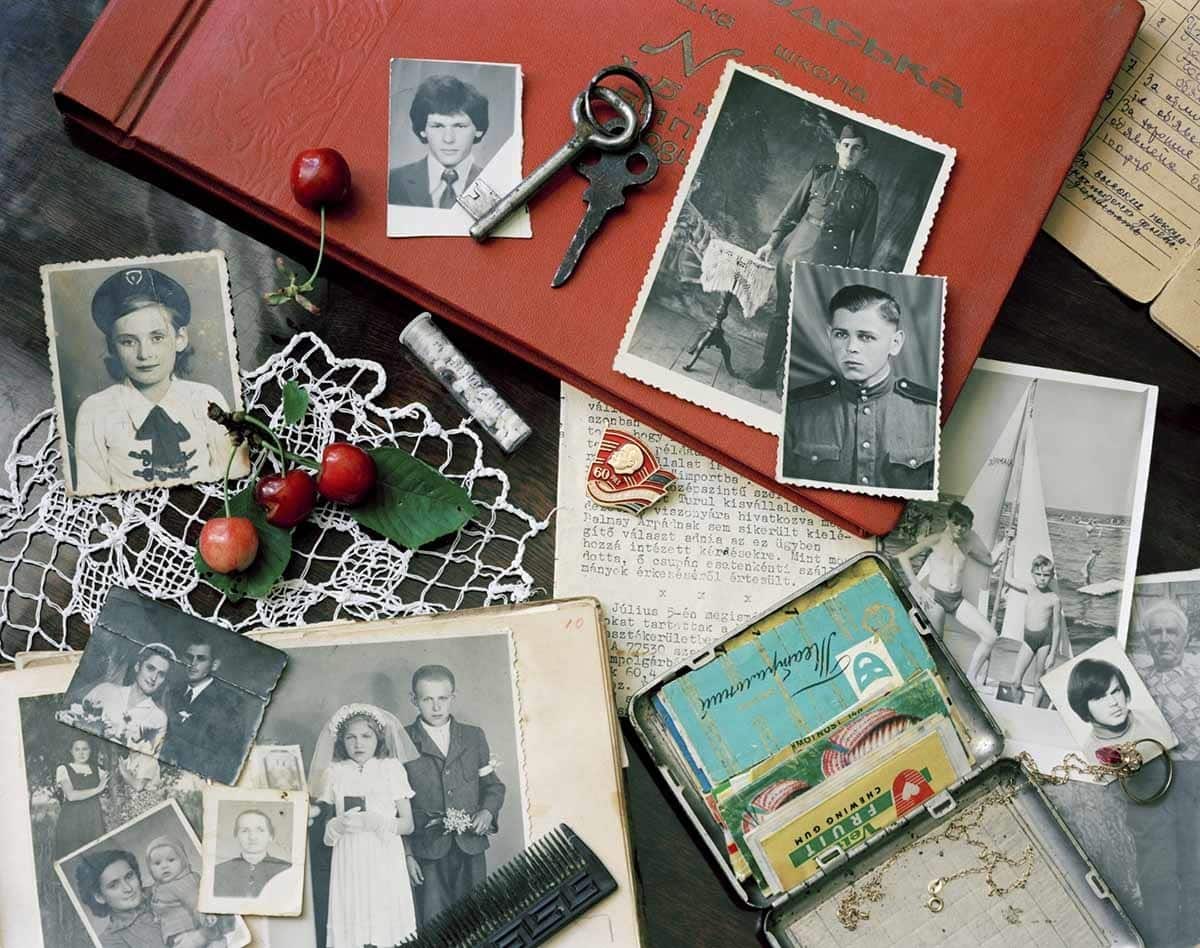
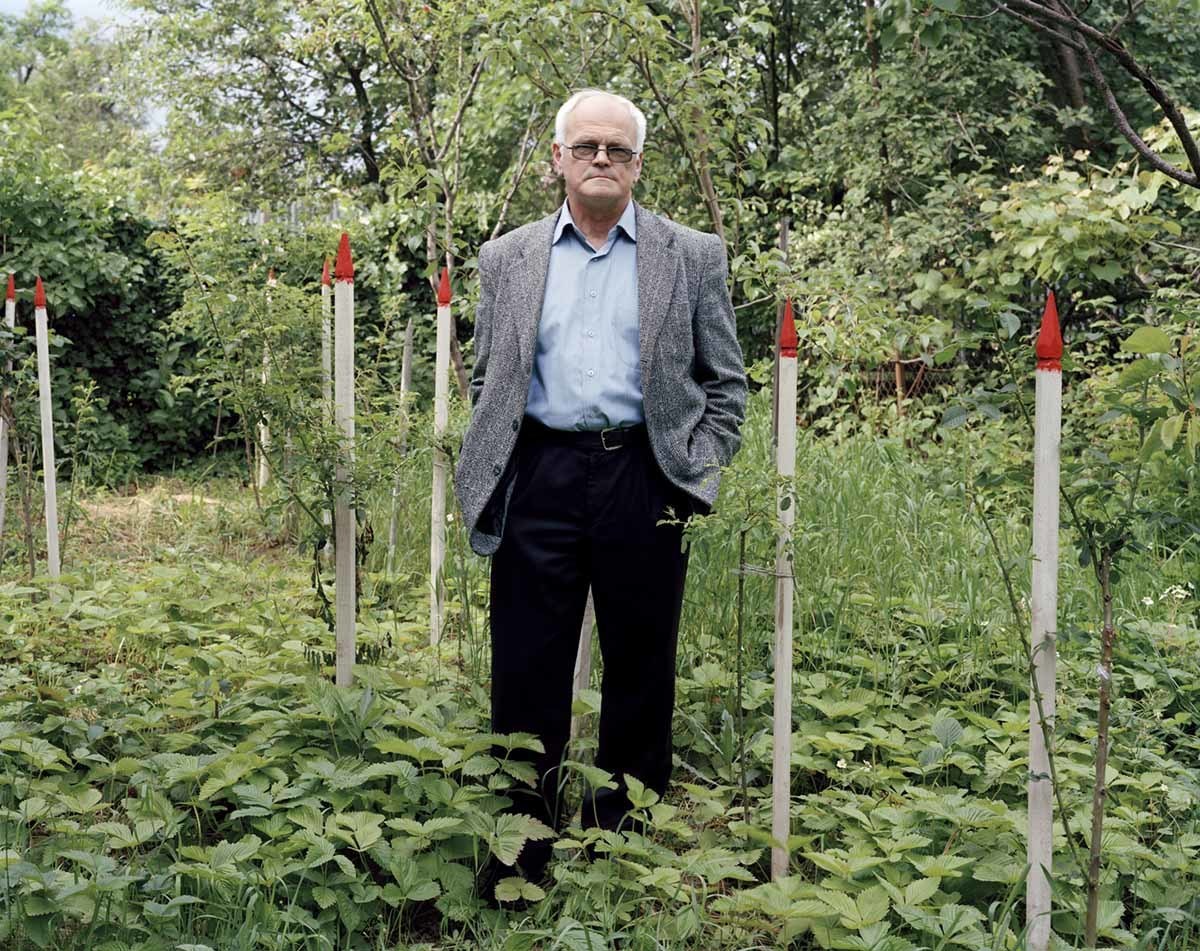
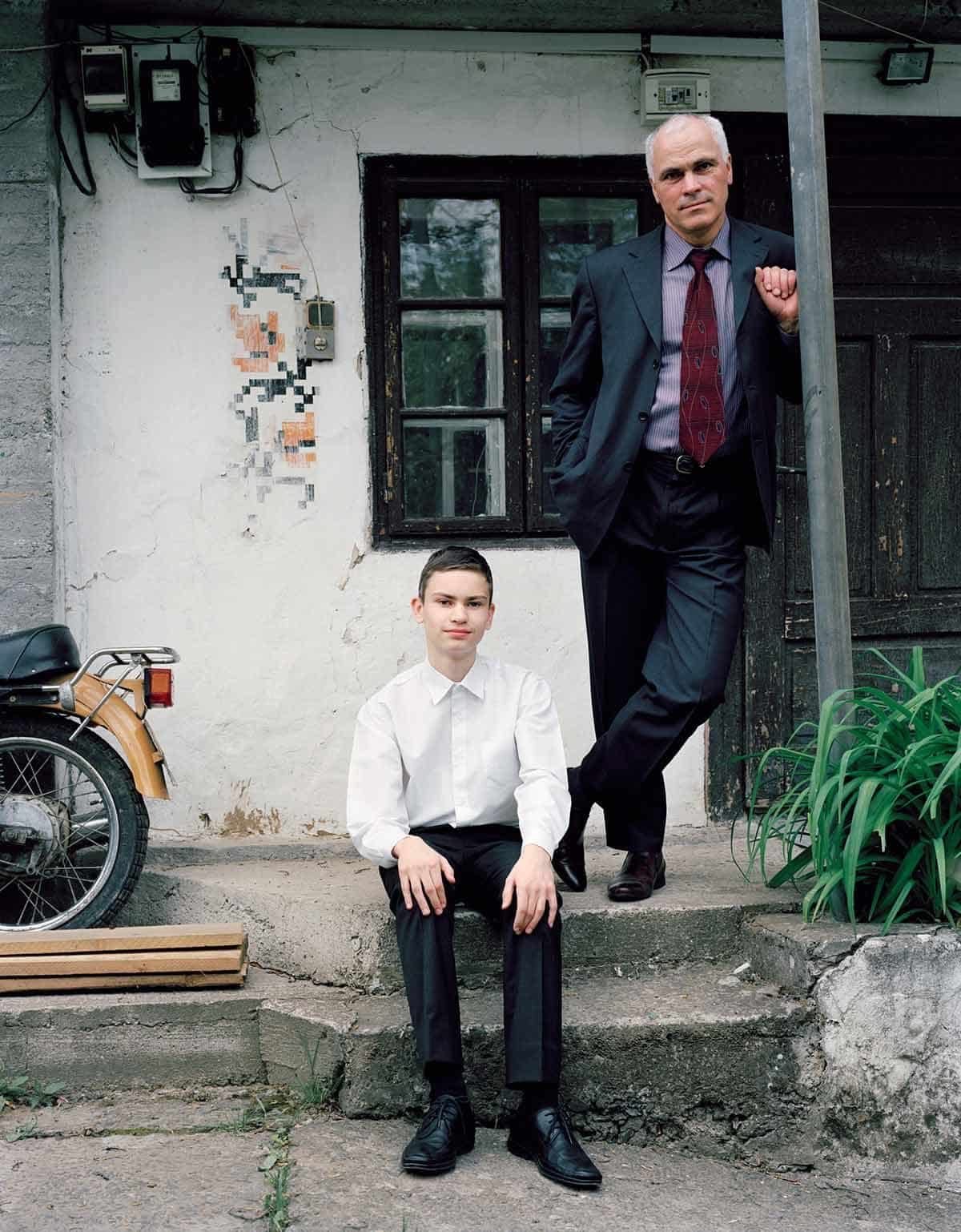
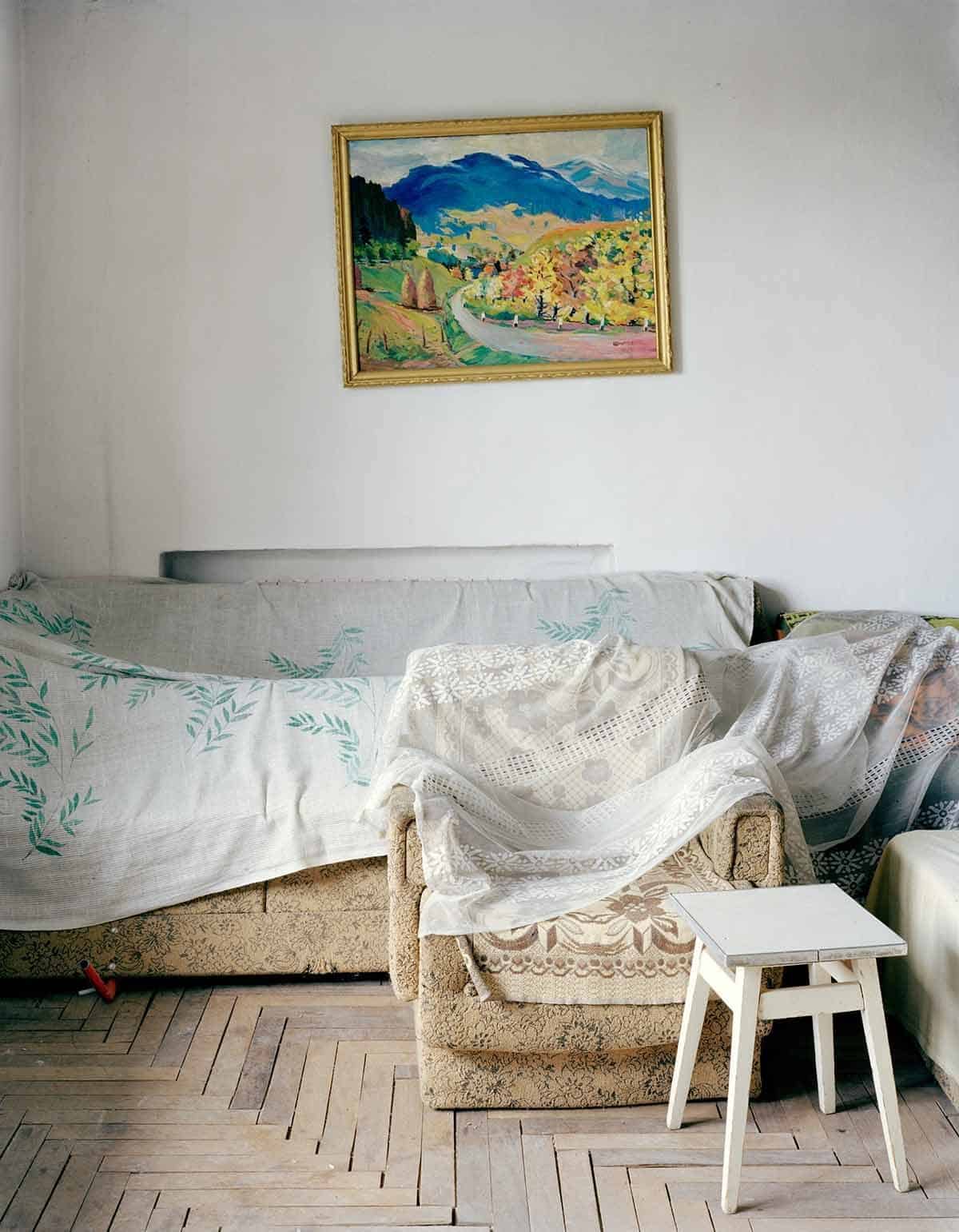
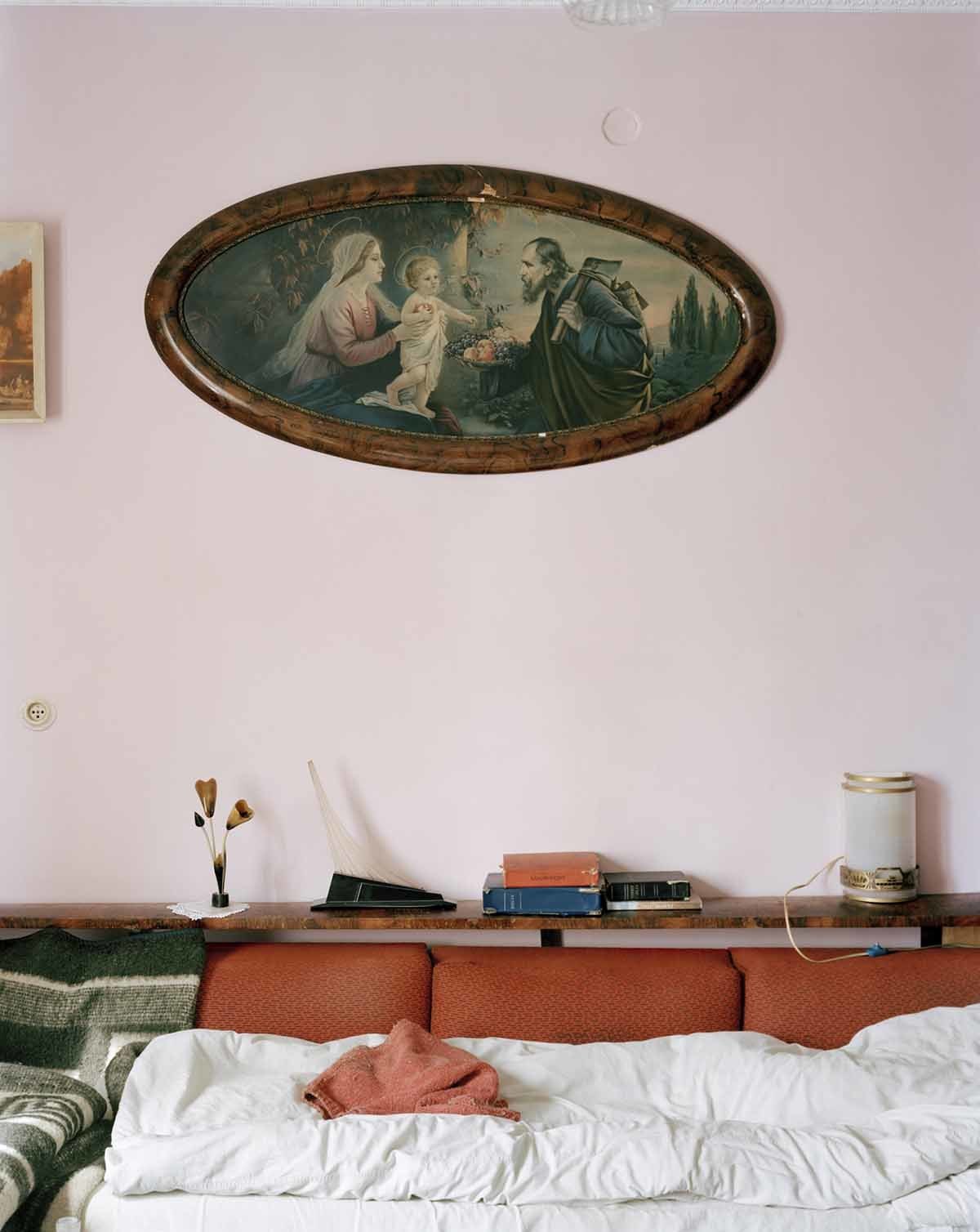
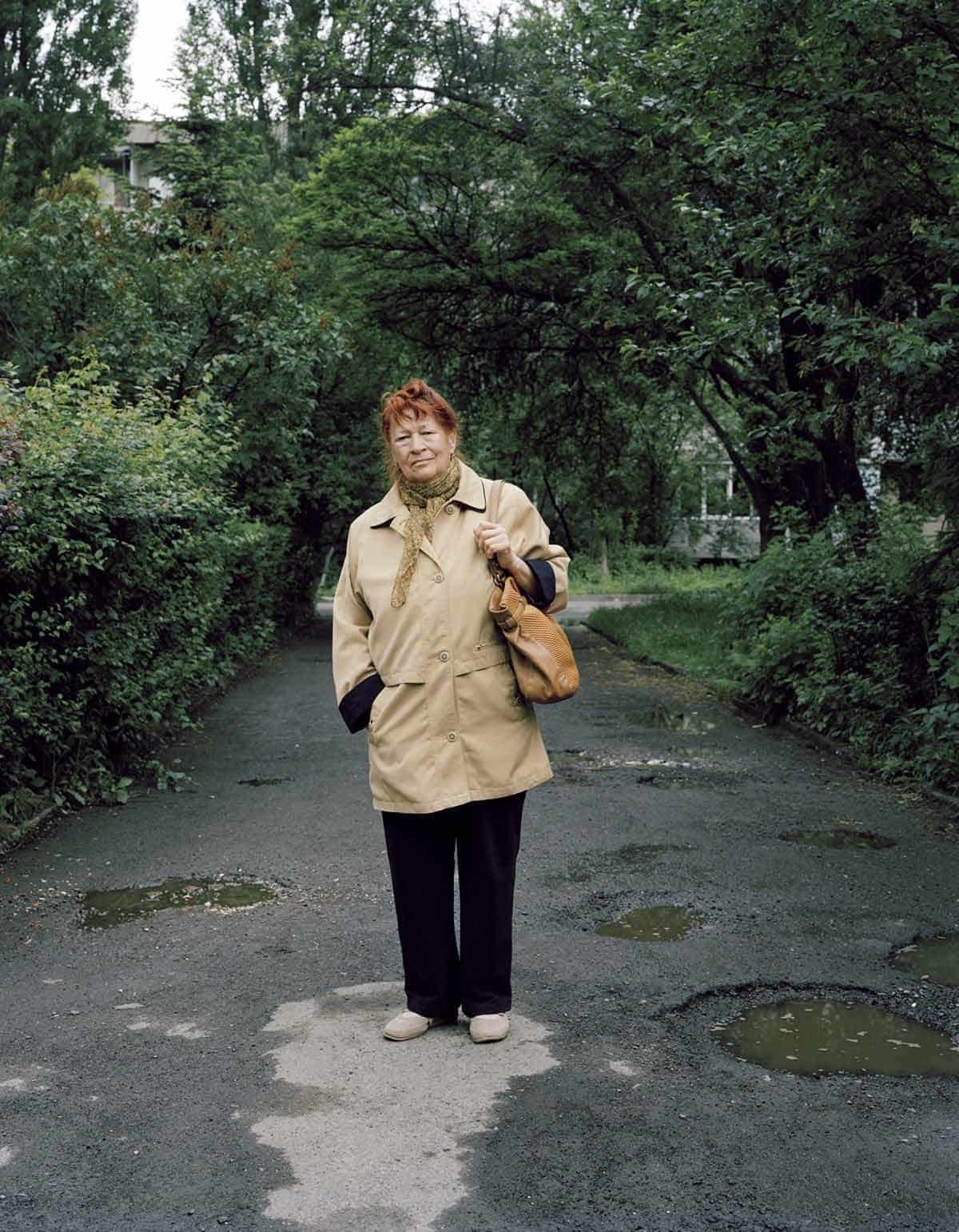
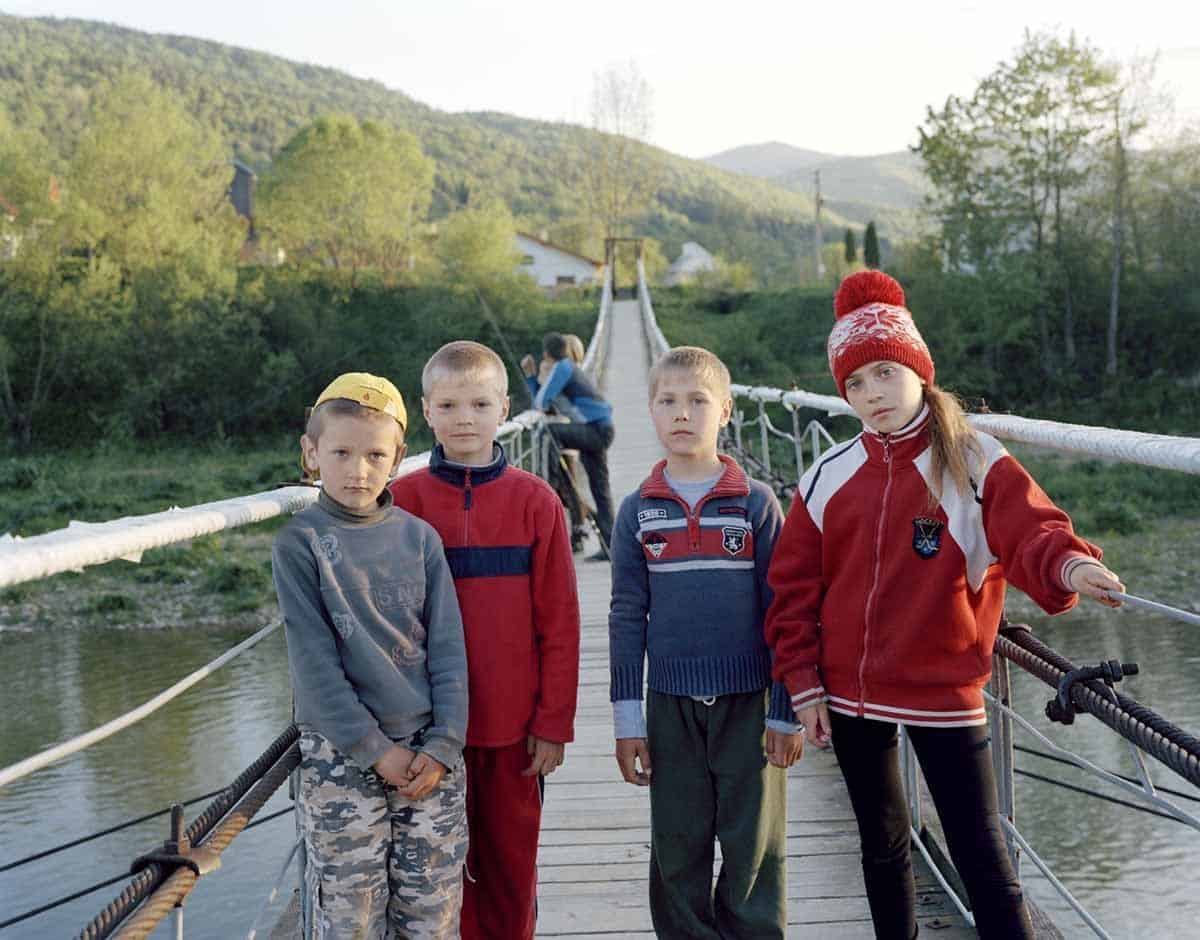
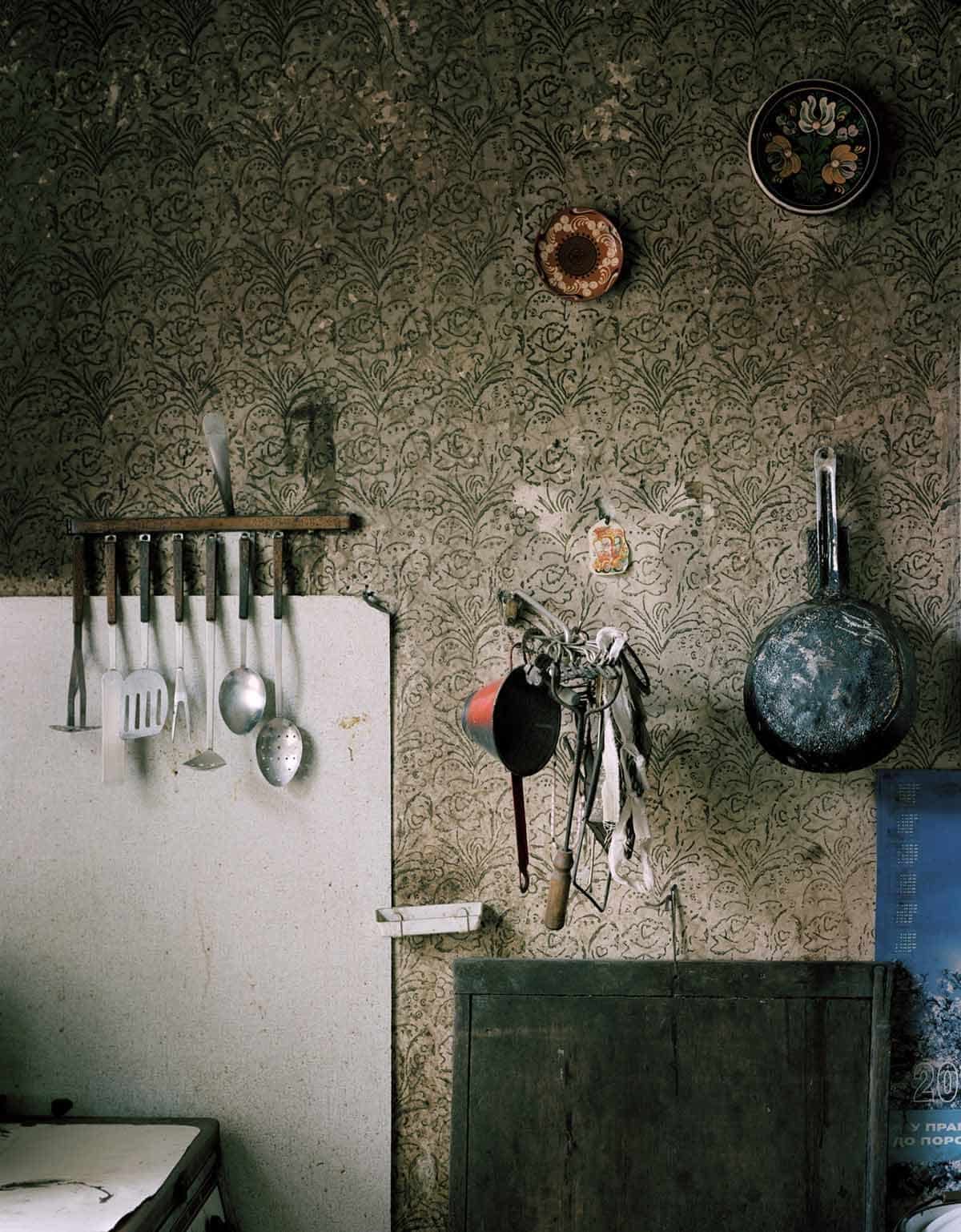
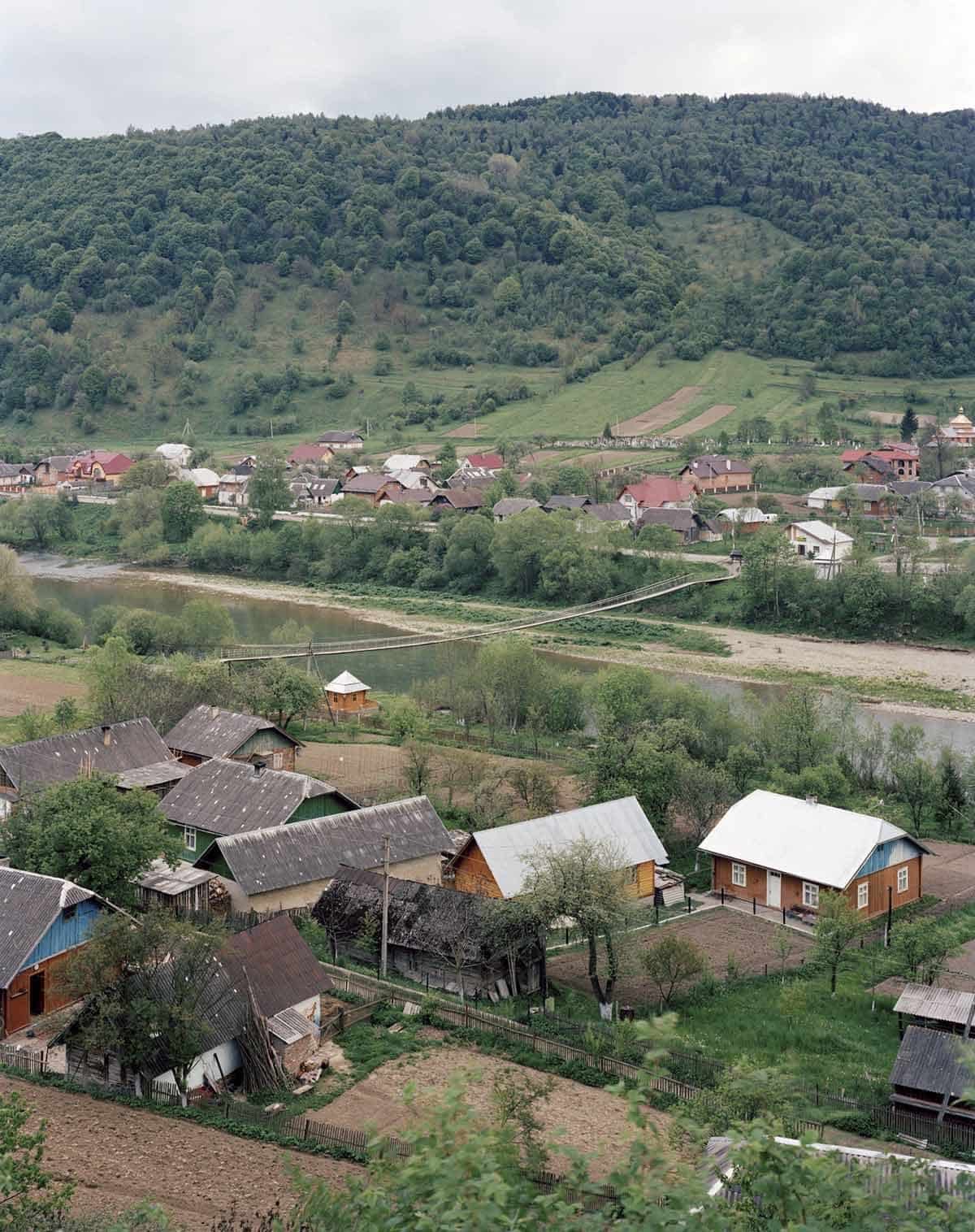
More personal photo series:
Nation of Newcomers Documents America’s Everyday Immigrant Stories
Take a Photo Trip Through Kyrgyzstan in “A Shaded Path” Photographing the Diehard British Community on Spain’s Southern Coast
